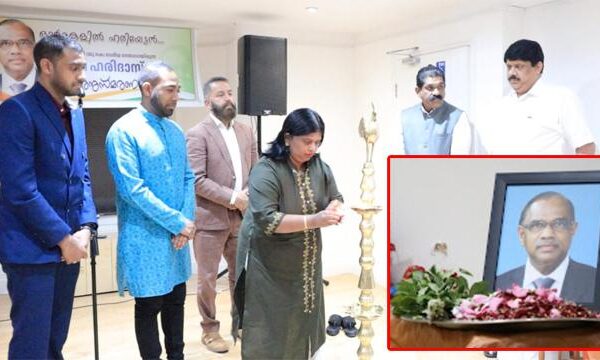
Oxford University has embarked on a groundbreaking clinical trial to assess a vaccine aimed at combatting the deadly Nipah virus, marking a significant step forward in global health preparedness.
The clinical trial not only signifies advancement in global health readiness but also holds promise for Kerala, a region that has faced the brunt of Nipah outbreaks in recent years.
The trial introduces the ChAdOx1 NipahB vaccine, developed under the auspices of the University’s Pandemic Sciences Institute. Spearheaded by the Oxford Vaccine Group within the Department for Paediatrics, the study enrolls 51 participants aged 18 to 55.
Financial backing for the trial comes from the Coalition for Epidemic Preparedness Innovations (CEPI), focusing the collaborative effort to address pressing public health concerns.
The disease is carried by fruit bats and may also be transmitted by contact with infected animals (such as pigs) or from person-to-person via close contact. Outbreaks have occurred in South-East Asia, including Singapore, Malaysia, Bangladesh and India, with a recent outbreak in Kerala, India in September 2023.
Nipah, which is recognised by the World Health Organization as a priority disease requiring urgent research, belongs to the same family of paramyxoviruses as more well-known pathogens like measles. There are currently no approved vaccines or treatments.
The trial, spanning 18 months, anticipates subsequent investigations in regions vulnerable to Nipah virus outbreaks.
In India, where Nipah outbreaks have recurred with alarming frequency, Kerala grappled with the virus’s resurgence. A total of six confirmed cases of Nipah virus infection including two deaths were reported by the State Government of Kerala in September 2023. Swift containment measures, including quarantine protocols and stringent public health interventions, have been instrumental in mitigating the spread.
Professor Brian Angus, leading the trial and a prominent figure in infectious diseases at the Centre for Clinical Tropical Medicine and Global Health, emphasized the urgency of the endeavor. He highlighted the absence of approved vaccines or treatments for Nipah virus, which has persisted as a menacing threat for over two decades.
Nipah virus’s notorious fatality rate, claiming roughly 75% of infected individuals, highlights the need for effective preventive measures.
As the trial progresses, optimism grows for the development of a viable vaccine, offering hope in the ongoing battle against emerging infectious diseases.
(Photo Credit:Oxford Vaccine Group)






